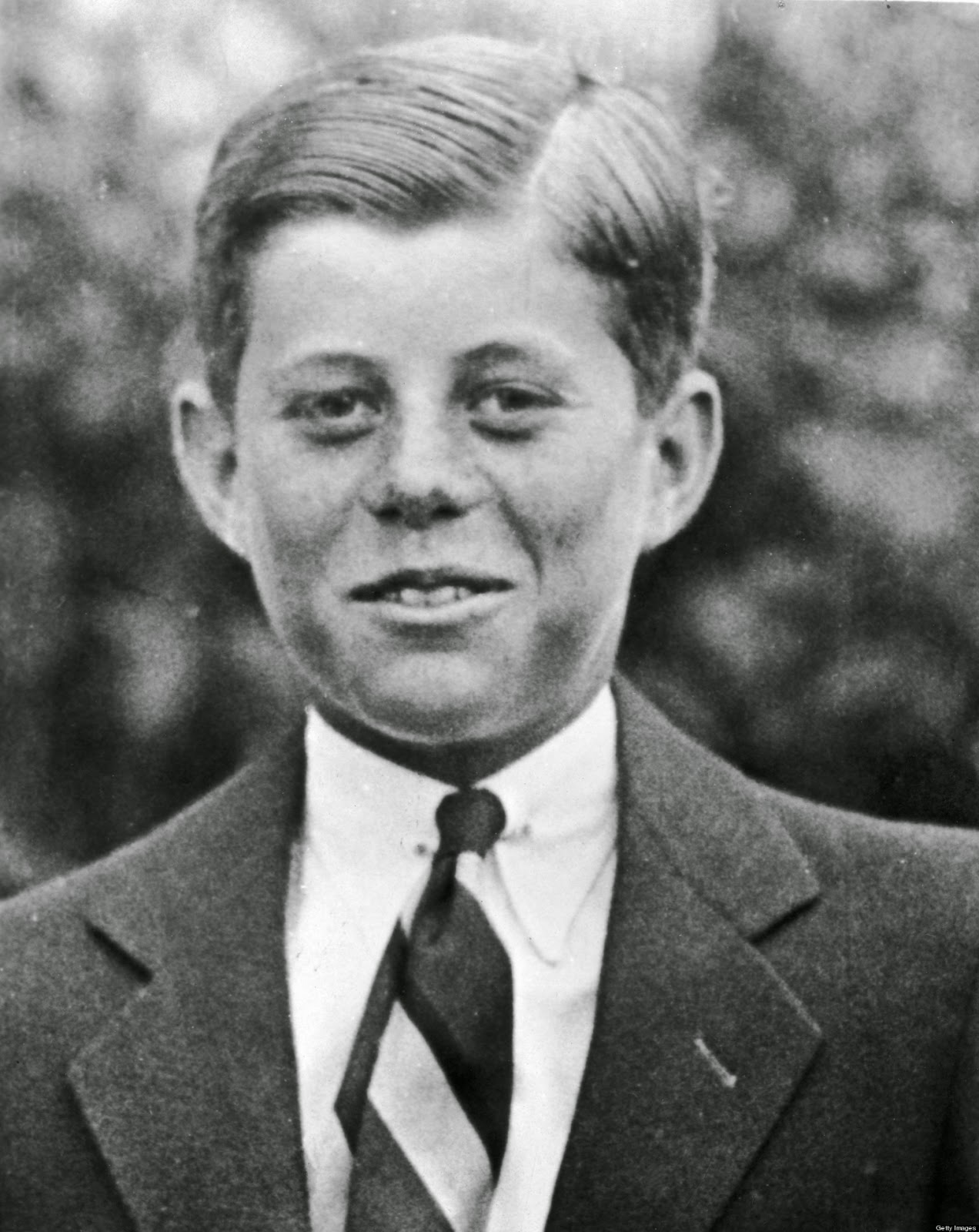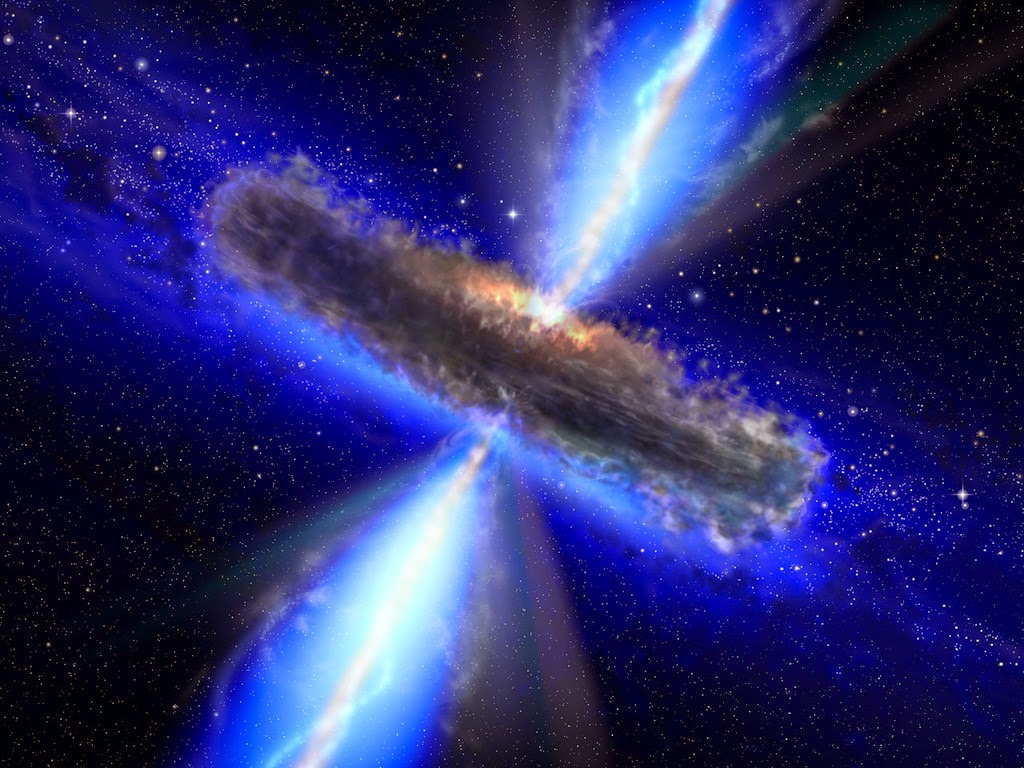Hawking is a documentary about Stephan Hawking's life. I chose this documentary because I have seen the critical success that
The Theory of Everything has received, and I've been meaning to watch it. However, I did not have much grounding in the life and works of the beautiful mind that is Stephan Hawking.
The documentary is narrated by Hawking, who suffers from ALS. Because the disease has left him with minimal control over his muscles, he utilizes his computer that is mounted on his wheelchair to communicate. The computer allows Hawking to scroll through letters, and commonly used words that he can select in order to form sentences. He has an infrared switch on his glasses that can read the movements of his cheek muscle in order to operate the speech system.
(Hawking with his computer)
When speaking about his formative years, Hawking pointed out that his home was always a place in which his mind was constantly stimulated. Childhood friends and family members commented on the never-ending piles of books that were left around the house, and the ongoing chess games. Hawking credited his parents for encouraging such mental stimulation, because they were both intellectuals as well. His cousin remarked that young Hawking would often times spend hours trying to fathom the limitlessness of the universe. She said that it nearly drove him mad that something didn't have a definitive end. The documentary utilized reenactments to represent Hawking in his younger years. However, these shots were almost entirely extreme close ups of the actor's eyes, or hands; the producers also utilized lighting to blur the identity of the actor.
(Hawking as a young boy)
Hawking, like his father, went to Cambridge University where he studied the natural sciences. He was a member of the crew team, where he served as a coxswain. It was during his final years at Cambridge when Hawking was diagnosed with ALS. After his grim diagnosis, which left him with an estimated 2-3 years life expectancy, Hawking fell into a deep depression, which effected his work greatly. It was the introduction of young love that pulled Hawking from his depression and motivated him to finish his theories on black holes.
(Hawking and his wife, Jackie, on their wedding day)
While earning his PhD at Oxford University, Hawking essentially proved that there was a beginning moment of the universe by identifying a cause for the Big Bang Theory. This discovery made him very reputable in the science community. His next huge discovery gave scientists an even deeper understanding of black holes.
He goes on to talk about his research and all of the awesome things that he has done; along with the not-so-awesome things, like divorces and complications with his disease. In short I'm glad I watched this documentary, because he truly possesses a beautiful mind and is one of the most important thinkers to date. Also he has a good sense of humor.
Also fun fact: He's friends with Jim Carrey













